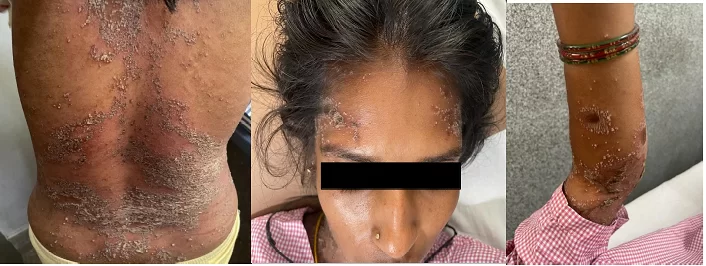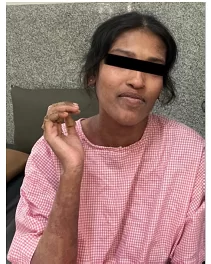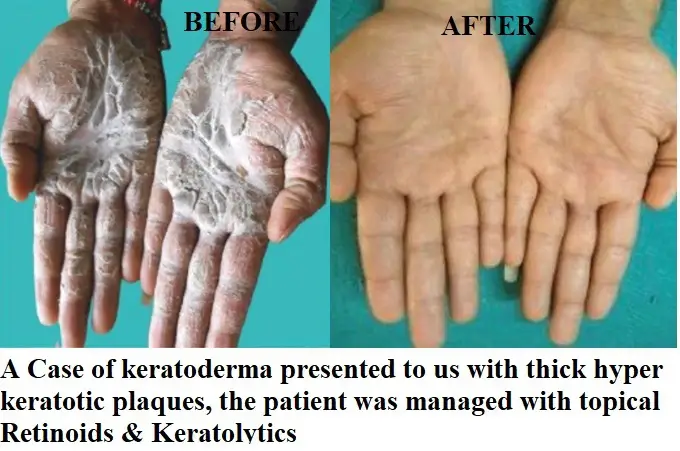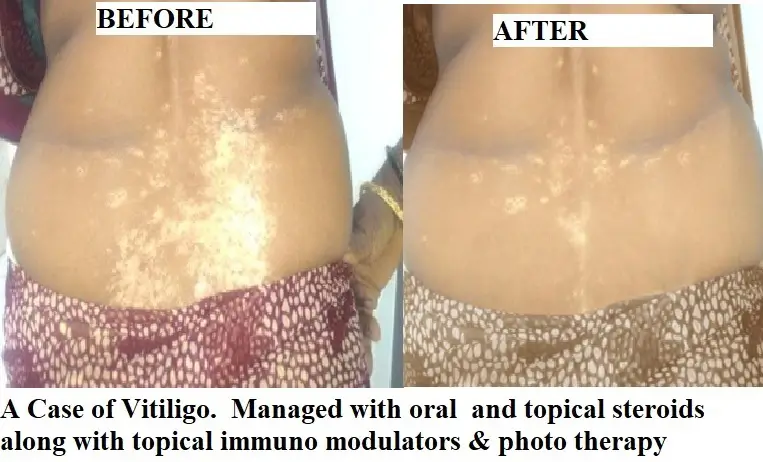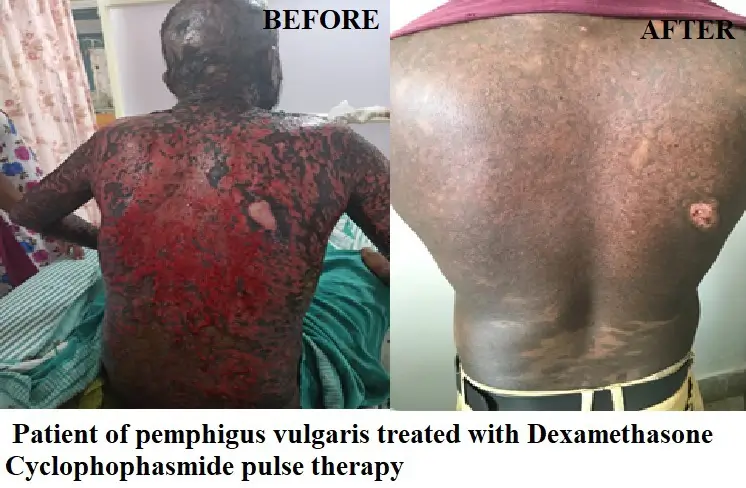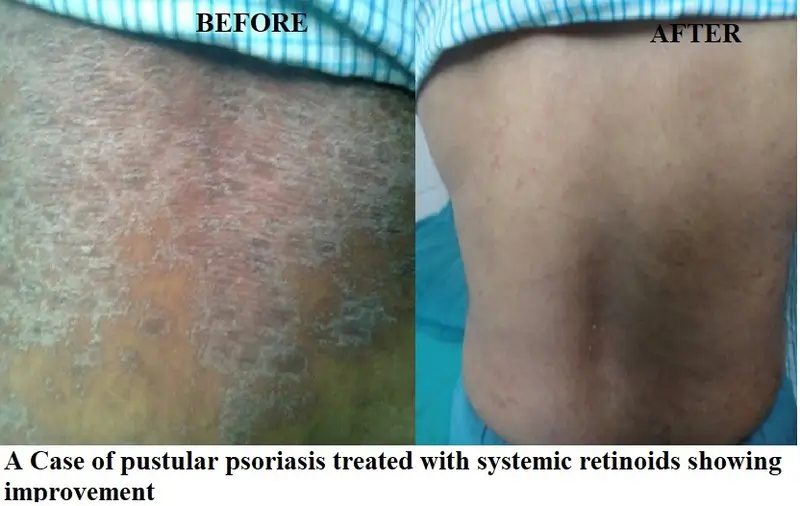On behalf of our faculty, residents and staff, I welcome you to the Department of Dermatology at R L JALAPPA HOSPITAL. The aim of our department is to provide excellence in education, patient care and research.
We practice general dermatology, pediatric dermatology, leprosy, venereology, dermatosurgery, dermatopathology and aesthetic treatments.
Dermatology is a visual speciality. Today advanced technology, better understanding of disease process, newer and safer medicines have revolutionised the treatment of skin diseases.
Venereal diseases caused by bacteria have reached the elimination level, while viral diseases continue to be a concern. Prevalence rates of leprosy have come down drastically with the introduction of Multi Drug regimens.
The department has speciality clinics for individualized and personal care.
Dermatology clinic offers state of the art LASER treatments for hair removal, acne scars, facial melanosis and chemical peels for facial rejuvenation. Also we offer PRP treatments, dermatosurgery for skin tag and DPN removal.
Cosmetology and Aesthetic Dermatology have become highly sought-after. Our department provides a wide array of various cosmetic treatments, with a focus on excellence and patient care.
Speciality Clinic
Specialty clinics are conducted on particular days of the week with special emphasis to create peer groups for patient support, to facilitate student teaching, and creating patient records for monitoring.
| Speciality Clinic |
Day |
| Autoimmune disease clinic and vesiculobullous diseases |
Monday |
| Leprosy clinic |
Tuesday |
| Sexually transmitted infections clinic |
Wednesday |
| Pigmentary clinic |
Thursday |
| Psoriasis clinic |
Friday |
| Contact dermatitis clinic |
Saturday |
Autoimmune disease clinic and vesiculobullous diseases
The specialty clinic is conducted on Monday of every week with special emphasis on Autoimmune skin diseases like systemic lupus erythematosus, Scleroderma & vesiculobullous diseases like pemphigus group of diseases and other bullous disorders.
Leprosy clinic
Leprosy clinic is conducted on Tuesday of every week. Since leprosy is a chronic disorder with long treatment with great social stigma, hence to combat this and build up patient morale and help them in day-to-day activities a special clinic is conducted for patient examination, treatment, and follow-up.
Sexually transmitted infections clinic
Sexually transmitted infections clinic is conducted on Wednesday of every week. Sexually transmitted diseases are considered taboo in society. Hence to create awareness towards these diseases like Syphilis, Genital Warts, Genital Herpes, Gonorrhea, and Genital ulcer diseases this clinic is being conducted.
Pigmentary clinic
The pigmentary clinic is conducted on Thursday of every week. The clinic deals with pigmentary dermatoses of genetic and acquired causes.
Psoriasis clinic
Psoriasis clinic is conducted on Friday of every week. Being a chronic papulosquamous disorder of great morbidity and taking a toll on the quality of patients’ life is treated with a holistic approach and one-to-one care.
Contact dermatitis clinic
Contact dermatitis clinic is conducted on Saturday of every week. Various contact dermatitis like allergic contact dermatitis, Irritant contact dermatitis & Airborne contact dermatitis are treated and patients are counseled regarding the prevention of these diseases.

